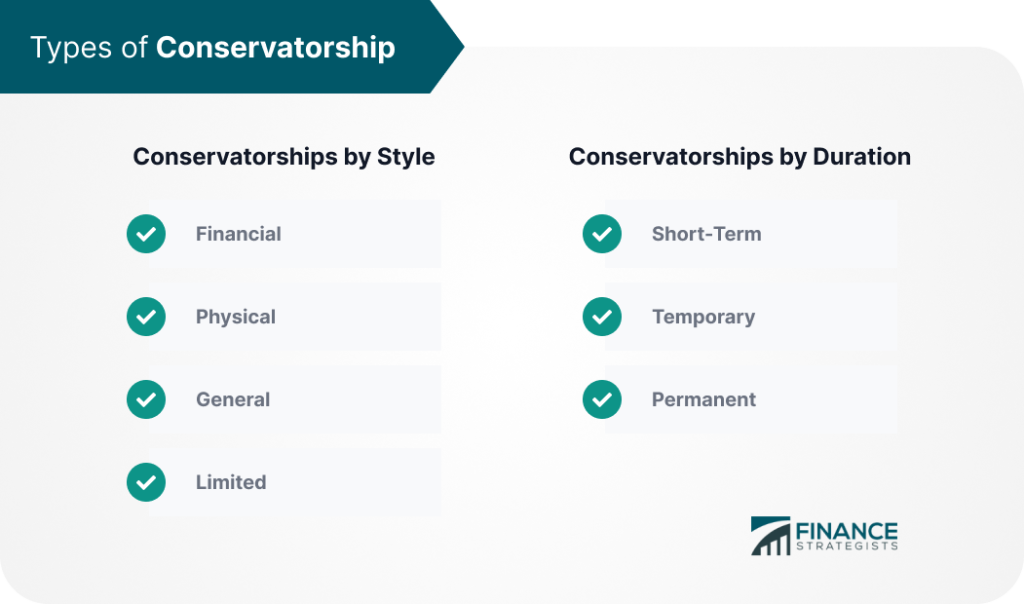
When Is a Conservatorship Needed?
1) When an individual lacks the capacity to make decisions:
A conservatorship may be necessary when a person is unable to manage their own affairs due to mental or physical incapacity. This could include individuals with cognitive disabilities, mental illnesses, or advanced age-related conditions.
4) When managing financial matters:
A conservatorship may be necessary to handle the financial affairs of someone who is unable to do so independently. This can involve managing income, paying bills, handling investments, and protecting assets.
2) When there is no advance directive or power of attorney:
If an individual did not create an advance directive or designate a power of attorney before becoming incapacitated, a conservatorship may be required to appoint someone to make decisions on their behalf.
5) When making healthcare decisions:
In situations where an incapacitated individual requires medical treatment or decisions about their healthcare, a conservatorship can be established to appoint a healthcare proxy who can make those decisions on their behalf.
3) When there are concerns about exploitation or abuse:
A conservatorship can be sought when there are concerns that an individual is being exploited or abused, particularly in cases involving vulnerable adults or elderly individuals.
It’s important to note that the specific circumstances requiring a conservatorship may vary depending on the jurisdiction and applicable laws. Seeking legal advice and guidance from professionals experienced in conservatorship matters is recommended to understand the specific requirements and procedures in your area.
